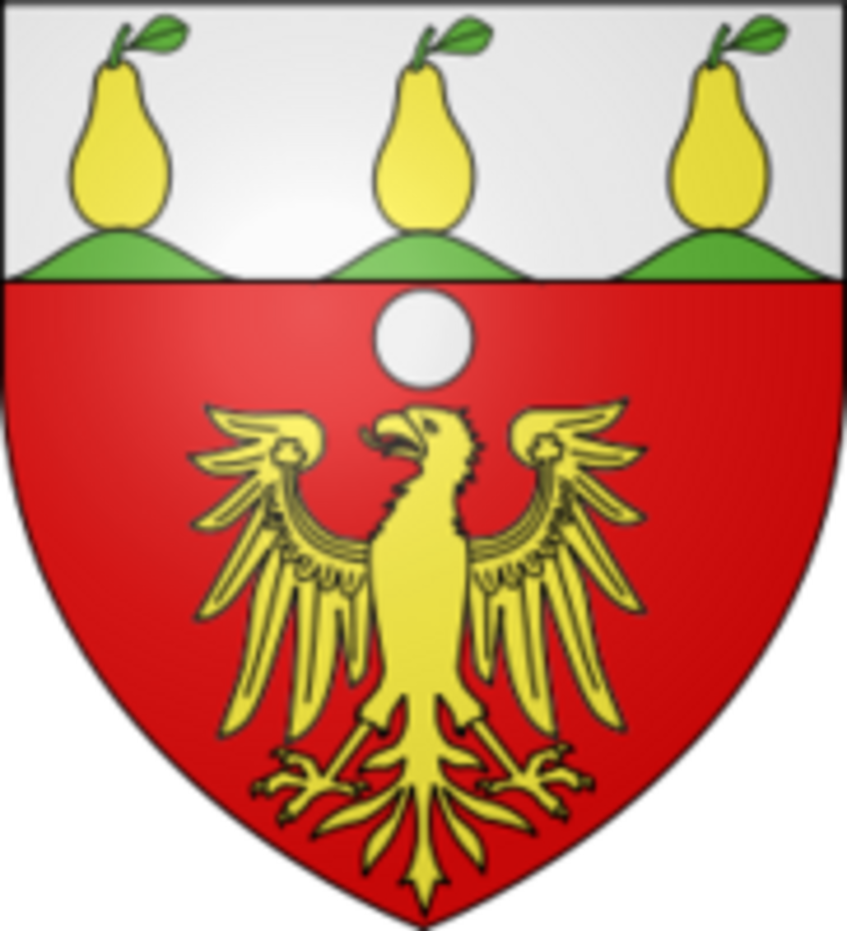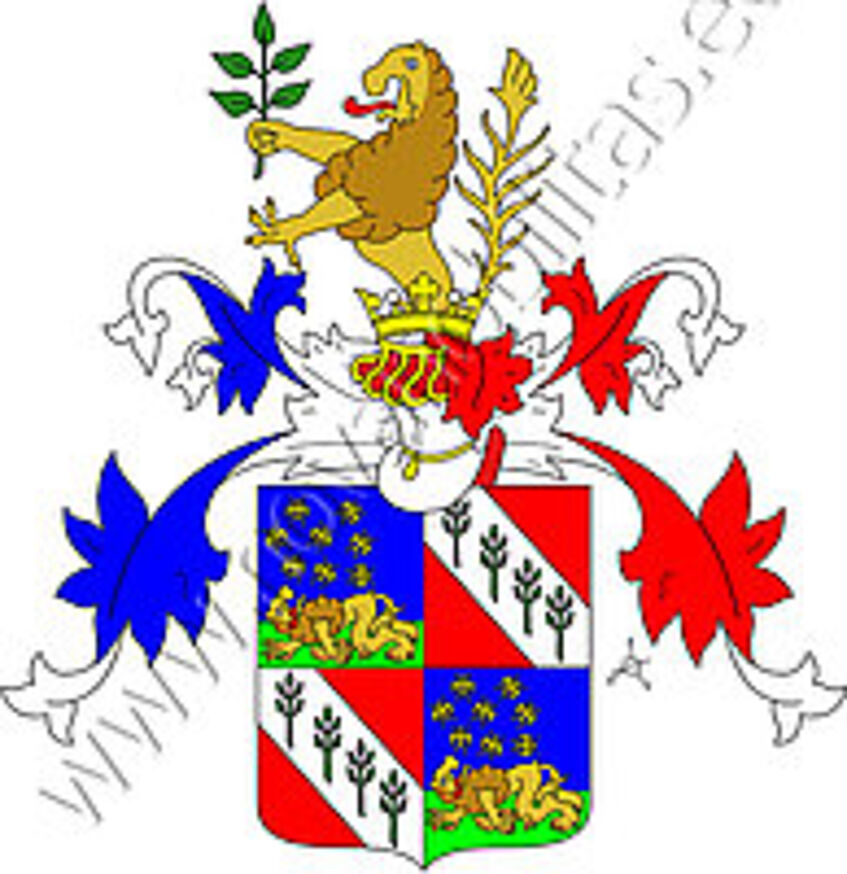
Adelswappen von Diego Lopez Pereira, Baron d'Aguilar

Adelswappen von Israel Hönig von Hönigsberg
Transfer of Goods – Transfer of Culture:
The Tobacco Monopoly and the Rise of Modern Jewish Intellectuals in the Habsburg Monarchy
Dr. Louise Hecht (Univerzita Palackého v Olomouci/Universität Wien)
In 1725, the affluent converso Moses Lopez Pereira or Baron Diego d’Aguilar (1699-1759) arrived in Vienna and organized the tobacco trade in the Habsburg Monarchy. Subsequently, he held the tobacco monopoly between 1725 and 1747; besides his manifold social, political and economic activities, he established the ‘Turkish’ (i.e. Sephardic) congregation of Vienna. In recognition of his services to the crown, Maria Theresa nominated him to the privy council of the Netherlands and Italy. In 1749, he left Vienna for London, where he died in 1759.
In 1752, Löbel Hönig, a Bohemian Jew from Kuttenplan/Chodová Planá obtained the tobacco monopoly for Prague. Few years later, his eldest son Israel Hönig (1724-1808) organized a consortium to lease the concession for the Bohemian Lands (Bohemia, Moravia, Silesia), Lower and Upper Austria. For Bohemia and Moravia, Israel Hönig preferably employed family members or other Jewish subcontractors.
Since all parties involved were satisfied, Maria Theresa offered the Hönig-consortium the tobacco concession for the whole Monarchy in 1770 and signed another 10-years contract in 1774. In 1784, Joseph II eventually decided to nationalize the tobacco monopoly but continued employing Israel Hoenig as its director; Israel Hoenig thereby became the first Jewish state official in the Habsburg Monarchy and was ennobled in 1789. The illustrious carrier of Hoenig and the success of his family were economically and social linked with several other Czech Jewish families, like Löwel Baruch from Königswart, Joachim Popper, Samuel Bondi and Moses Dobruschka (the tobacco-consortium).
Whereas the carriers of d’Aguilar, Hönig, Dobruschka etc. testify to the amazing social positions individual Jews could hold in the Habsburg Monarchy, the phenomenon of the tobacco-consortium and the subcontractors seems no less remarkable. Therefore, the project seeks bringing together the data of all Jewish families involved in the tobacco business in the Habsburg Monarchy, in the years 1748 to 1848.
The post of ‘Distriktverleger’ demanded a certain amount of acculturation (fluency in German, knowledge in accountancy, geography, etc.), but offered a safe and decent income. By providing the material basis and intellectual stimulus, the tobacco business secured the upward-mobility of future generations, which produced an amazing number of intellectuals. While fathers and grandfathers traded in tobacco, their progeny busied themselves with the transmission of secular culture.
Despite several studies on the history of tobacco trade, the role of Jews in this important economic activity is a significantly under-researched topic. While some historians have hinted at the impact of the tobacco trade on the modernization and acculturation processes of Jews in the Habsburg Empire, a systematic and comprehensive study on the subject is still lacking. The present study is designed to close that lacuna by collecting archival material on Jewish tobacco leasers, subcontractors and traders in the Habsburg Monarchy between mid-eighteenth and mid-nineteenth century. For the first time, material on Jewish families in the tobacco business of the Habsburg Monarchy would be used for a cultural analysis, investigating the role of family-networks for the acculturation of Habsburg Jewry.
